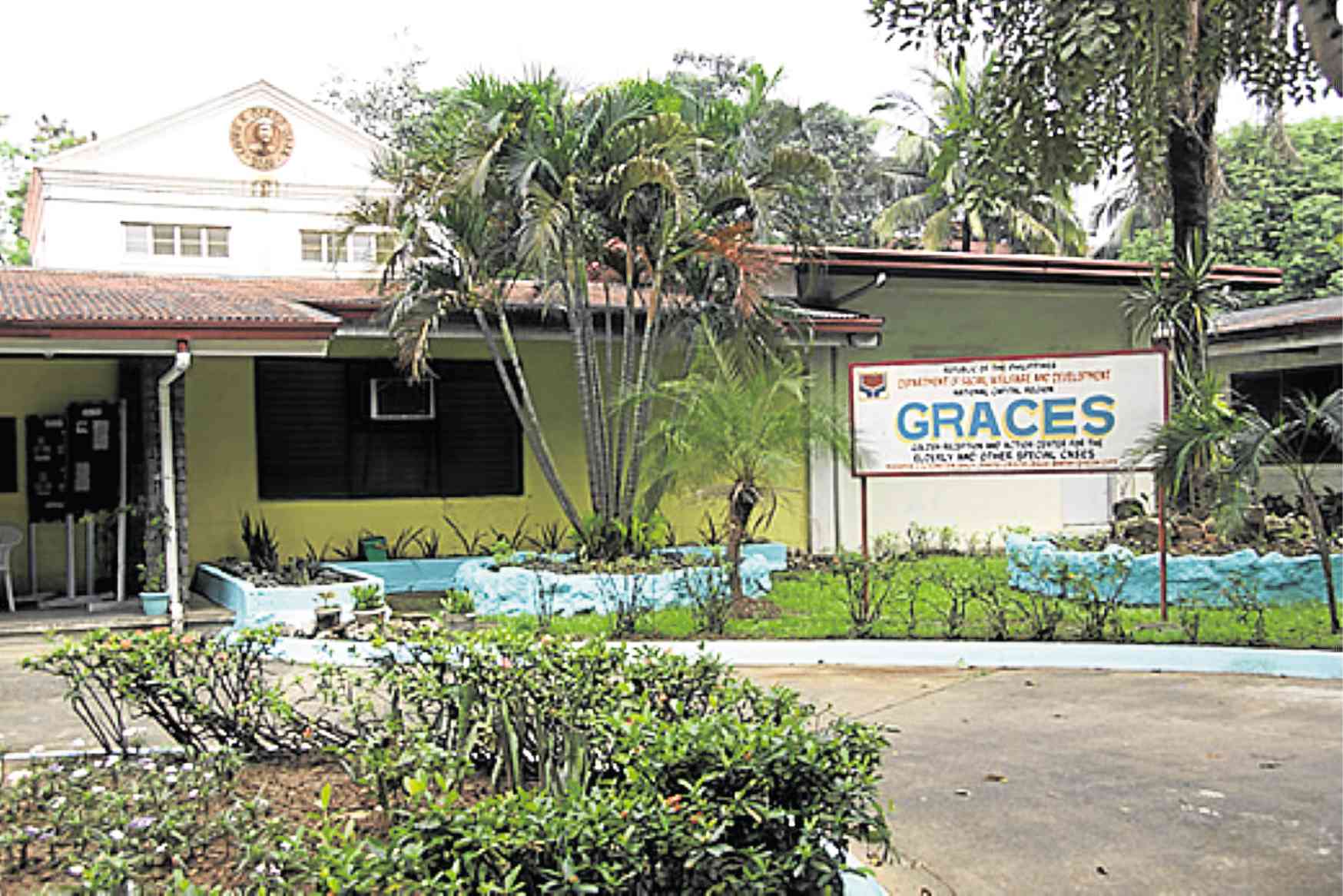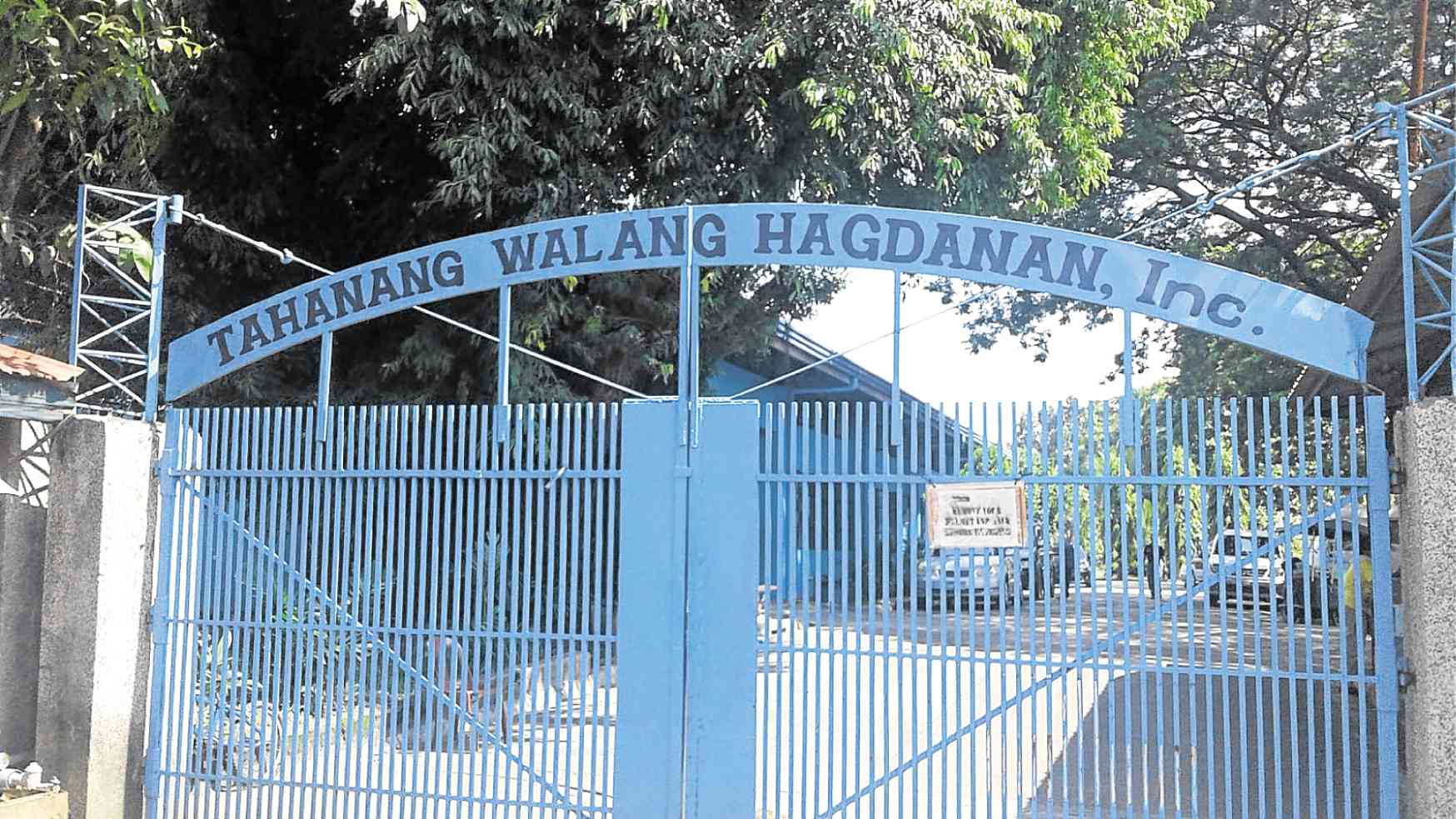Housing for the marginalized
Adequate housing is a human right, as declared in the United Nations’ International Bill of Rights. But some of the most vulnerable, such as calamity victims, orphans, elderly and the handicapped, are found without a roof over their heads and walls around them to make them secure and safe.
The marginalized may never be able build houses of their own in their lifetime, but they can find a home in institutions that support and empower the often forgotten members of society to get them back on their feet.
Bayanihan sa Iligan Village
Gawad Kalinga Community Development Foundation, Inc. (GK), a movement that aims to end poverty for five million families, has built thousands of houses in over 2,000 communities across the country. GK houses stand out because they are colorful—they are painted in bright “colors of hope.” Among these communities is located in Brgy. Sta. Elena in Iligan City in Lanao del Norte province where a hilly 15-hectare land has been transformed into the resettlement site of over a thousand survivor of Tropical Storm “Sendong.”
The standard GK house, estimated to cost at P150,000, has a total living space of 22 to 24 square meters with expandable loft area and separate sleeping quarters and toilet and bath.
Among the structures in the Sta. Elena GK community are a multipurpose hall, a health center and a school. Like the other GK communities, it was built with the support of the private sector (San Miguel Corporation), with the Local Government Unit and with the residents themselves providing most of the labor with volunteers.
Article continues after this advertisementHaven for the Elderly
Article continues after this advertisementIn 2010, the Golden Acres located in Quezon City was renamed Haven for the Elderly and its facilities were transferred to Tanay town in Rizal province. It was accredited by the Department of Social Welfare and Development (DSWD) in 2013.
The 300-bed facility has special rooms for therapy, fitness, music and recreation. It also provides high-quality services for dietary and health, spiritual, livelihood, socio-cultural and recreational for the elderly residents.
The property is surrounded with trees and flowers, creating a serene ambiance. Residents are also encouraged to hone their skills in gardening, poultry raising and craftsmanship.
Golden Reception and Action Center for the Elderly and other Special Cases (Graces)
Located in Bago Bantay, Quezon City, Graces is a DSWD-managed facility for senior citizens and spinal cord injury clients referred by the Philippine Orthopedic Center.
Clients’ needs are attended to for a minimum of six months and maximum of one year, during which social workers facilitate the tracing and immediate return of the clients to their respective families. Accommodation may be extended based on the assessment of the social worker.
Occupational and recreational activities are also given to enhance the residents’ vocational skills and capacity to earn should they be reintegrated with their relatives.
As of 2016, the 200-bed capacity caters to 340 clients. It had an increased budget of P32.6 million for 2017 from P28.1 million in 2016.
Tahanang Walang Hagdan
The nongovernment organization that has cared for handicapped adults and children was established in February 1973 by Sister Maria Paula Baerts, a Belgian nun.
The shelter for people with disabilities, located in Cainta in Rizal province, are provided mobility aid and education assistance as well as livelihood and skills training.
Workshops for metalcraft, woodcraft, sewing and packaging services are conducted by Tahanang Walang Hagdan (THM.)
It also has a special building for the abandoned. It tries to keep their minds off loneliness through sports, church activities, skills training and therapy sessions.
COMPILED BY MINERVA GENERALAO, RAFAEL L. ANTONIO AND KATHLEEN DE VILLA, INQUIRER RESEARCH
Source: gk1world.com, dswd.gov.ph, twh.org.ph, Inquirer Archives

